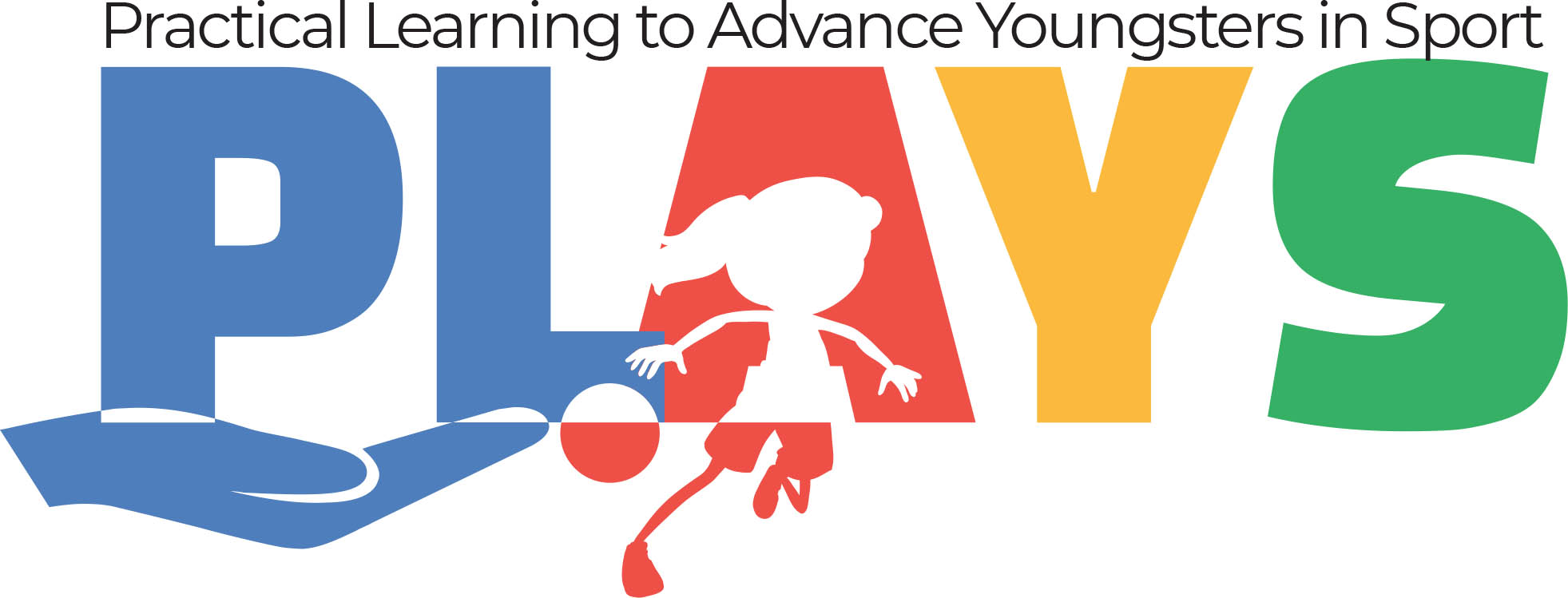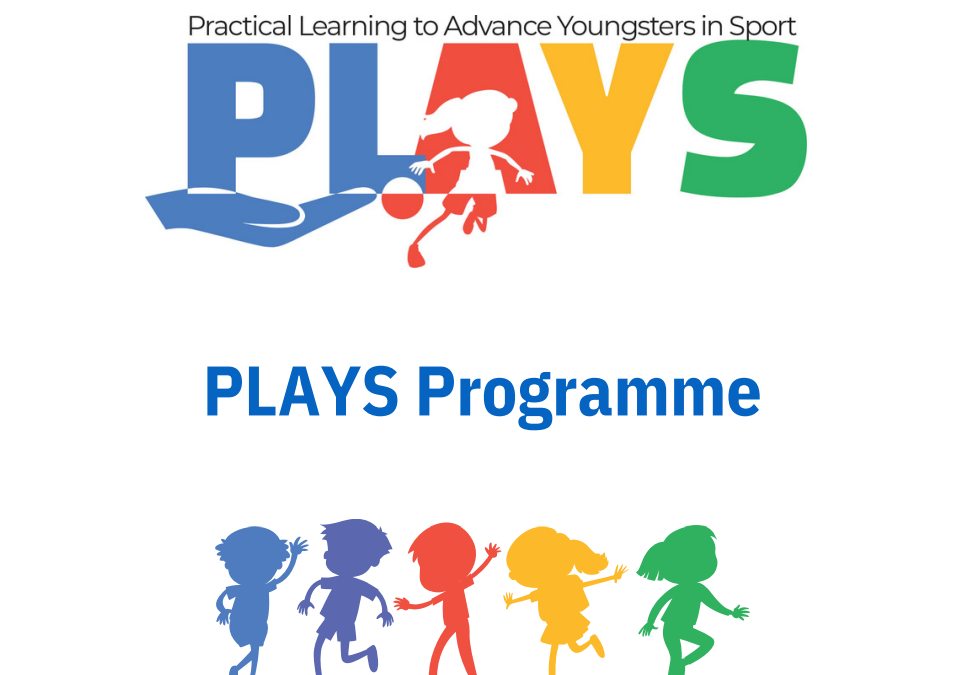The PLAYS program is a comprehensive output developed by the consortium of the PLAYS project, co-funded by the European Union thorugh the Erasmus+ Programme.
The project is coordinated by “Ovidius” University of Constanta from Romania, and partnered by CSIT, Verde Foundation (Poland), European Culture and Sport Organization (Italy), Portuguese Swimming Federation (Portugal), AiCS (Italy), Nova Child (France), Association CPDIS (Romania), and SSNB (Netherlands).
PLAYS aims to foster the physical, mental, and emotional development of children aged 6 to 12 through structured, science-based, and playful activities.
The PLAYS program encompasses ten developmental directions:
- Development of Cognitive Skills: Focuses on attention, memory, logic, reasoning, and processing speed.
- Development of Social Skills: Enhances coordination, mentoring, negotiation, persuasion, and social perceptiveness.
- Stimulation of Inclusion for Children with Low Opportunities: Provides access to sports and individualized adjustments to valorize each child’s strengths.
- Development of Fair Play Skills: Promotes fair competition, respect, friendship, team spirit, and equality.
- Development of Communication Skills: Improves active listening, effective communication methods, confidence, and feedback sharing.
- Development of Critical Thinking Skills: Encourages analytical thinking, creativity, open-mindedness, problem-solving, and asking thoughtful questions.
- Development of Problem-Solving Skills: Focuses on defining problems, agreeing on processes, and using active listening.
- Development of Teamwork Skills: Enhances communication, time management, problem-solving, listening, critical thinking, and leadership.
- Development of Emotional Self-Regulation Skills: Helps in understanding, identifying, accepting, and expressing emotions, and using coping skills.
- Development of Motor Skills: Focuses on balance, coordination, body awareness, physical strength, and reaction time.
To implement these ten developmental directions, detailed exercise plans have been created:
– The program is broken down into specific exercise plans, focusing on each developmental aspect, with step-by-step instructions for each exercise.
– A progression plan is included to gradually increase the difficulty of exercises, along with suggestions for adapting exercises to cater to different skill levels.
– The duration and frequency of each session are specified, with recommendations for warm-up and cool-down routines.
– Necessary equipment and space requirements for each exercise are listed, along with alternatives for those with limited resources.
Further, the PLAYS program utilized sports like roller skating, swimming, and gymnastics for children with disabilities to implement these developmental directions.
Roller skating emphasizes balance, coordination, and fair play. Swimming focuses on teamwork, respect, and physical strength. Gymnastics aims to enhance motor skills, cognitive skills, and emotional self-regulation, particularly for children with special needs.
The implementation activities took place in Italy (Roller Skating led by AiCS), Portugal (Swimming led by the Portuguese Swimming Federation), and Romania (Gymnastics for children with disabilities led by “Ovidius” University).
The guide also includes additional resources such as a nutrition guide that provides dietary recommendations to support children’s overall health and athletic performance, and evaluation tests that offer various assessments to gauge physical and mental development, ensuring personalized and effective training plans.
The importance and use of the guide are significant for parents, coaches, and teachers. For parents, it helps them understand and support their child’s physical and emotional development. For coaches, it provides structured training plans and evaluation methods to track progress. For teachers, it aids in integrating physical activities into the educational curriculum, promoting a holistic approach to child development. All project partners have invested considerable work and expertise into the PLAYS program and its guide, designed to create a balanced, inclusive, and supportive environment for children, fostering their growth into well-rounded individuals.
Explore our program now, we are sure there are interesting inputs for all stakeholders and interested teachers, coaches, and parents.

